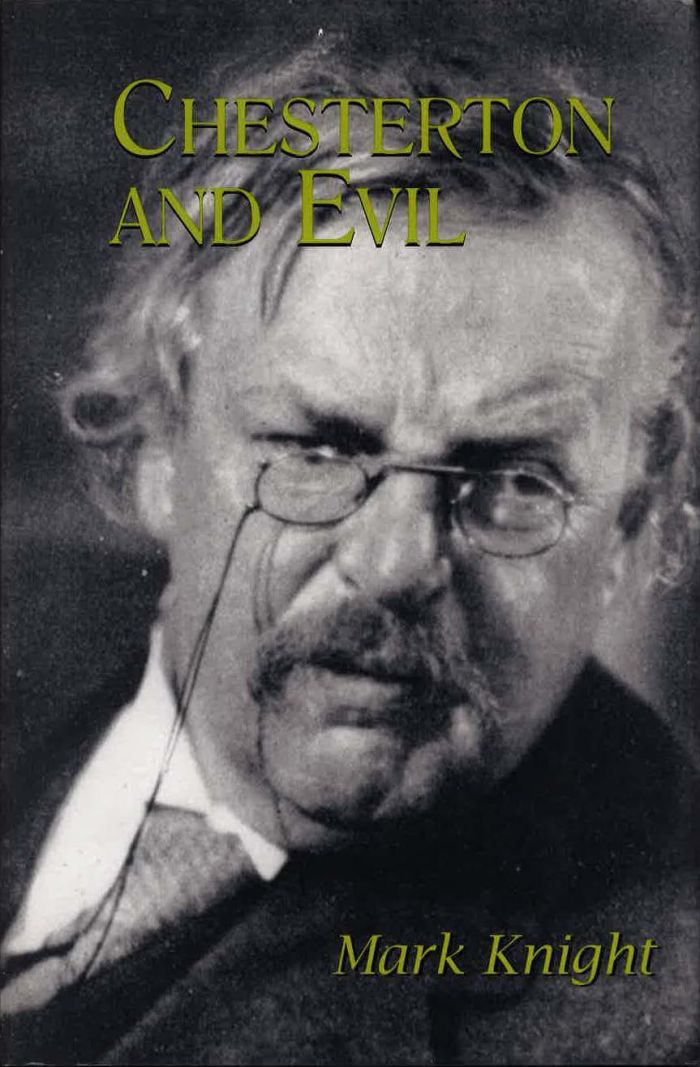Chesterton and Evil

In the engaging Chesterton and Evil, Mark Knight offers a compelling analysis of the increasingly marginalized, but undoubtedly influential Gilbert Keith Chesterton and his late 19th and early 20th century fiction.
In his Autobiography Chesterton observed: "Perhaps, when I eventually emerged as a sort of theorist, and was described as an Optimist, it was because I was one of the few people in that world of diabolism who really believed in devils." Arguing that a serious analysis of the nature of evil is at the center of his fiction, Chesterton and Evil offers an exciting, new interdisciplinary reading of Chesterton's work, and provides a means of locating it among important theological and cultural concerns of his age.
Makes a valuable contribution to Chesterton scholarship by dispelling a chronic misconception about his thought.——Seven
Knight's book suceeds brilliantly in explaining the apparent contradiction between an author who taught a gospel of joy and a man who was preoccupied with the problem of evil.——Christianity & Literature
Knight acutely analyzes the nature of Chesterton's long struggle with nihilism.——The Christian Century
In place of the popular cricature of Chesterton as a lightweight Pollyanna, Knight postulates a writer who constructed a multifaceted and comprehensive response to evil.

